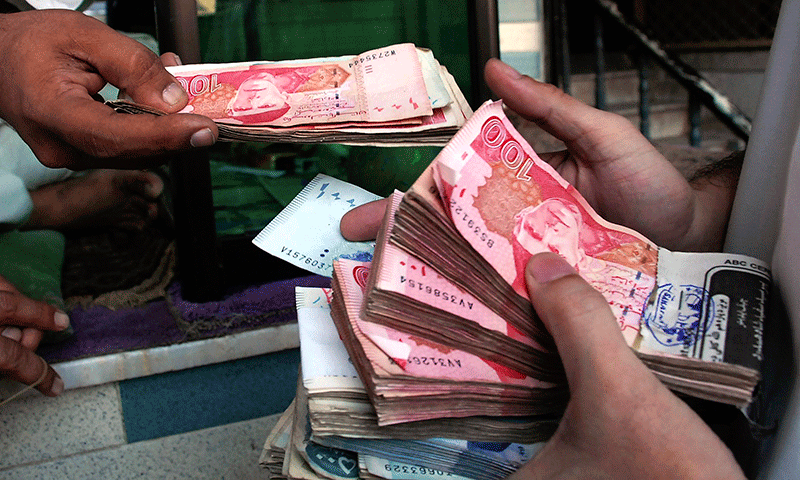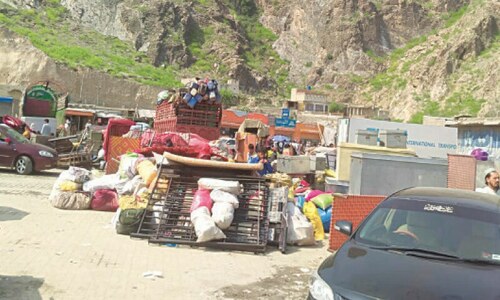IN Pakistan’s ecosystem of religiously inspired militant groups, the Lashkar-e-Taiba/ Jamaatud Dawa brand was, until a few years ago, one of the biggest. It had the blessings of the establishment and was given free rein to operate in the country. Following 9/11, it was banned but continued to operate — until the 2008 Mumbai attacks, in which LeT was accused of having played a central role. Since that time, the state apparatus has banned the group’s operations and maintained a close watch on its leadership, particularly its supremo Hafiz Saeed — albeit in a half-hearted manner.
On Friday, Hafiz Saeed was sentenced to 33 years in jail in two cases of terror financing. The sentence comes in the wake of pressure applied by the FATF on the state to ‘do more’ against militant actors. As compared to the more violent and unruly militant groups, Hafiz Saeed’s operations have been tougher for the state to address, as he once enjoyed cordial relations with the powers that be. At one point, there were even attempts to mainstream LeT/JuD through the Falah-i-Insaniat Foundation, the outfit’s humanitarian arm, as well as the Milli Muslim League political party.
His sentencing comes as a sombre reminder of the state’s erstwhile policy of embracing militant groups. While ‘good’ militants like the LeT/JuD were amenable to ‘suggestions’ from the establishment, the more virulent and sectarian actors actually declared war on Pakistan and still pose a major security risk to this country. In particular, the Punjabi Taliban — many of whom are disgruntled ex-members of pro-state jihadi groups — are a real security challenge, as are militant groups in the newly merged districts.
These groups have brought nothing but trouble — domestically, as well as in the context of Pakistan’s foreign relations. Locally, they have been instrumental in radicalising the population and increasing sectarian fissures in society. Internationally, they have brought disrepute to the country, with inimical states trying to have Pakistan branded as a sponsor of terrorism. Being retained on the FATF ‘grey list’ is also linked to these policies of old.
It is hoped the establishment has learned its lesson and will never again encourage jihadi actors — though its tolerance of Tehreek-i-Labbaik has not inspired confidence. Simply banning groups on paper is not enough; the militant infrastructure must be dismantled so that society can be deradicalised, and Pakistan does not have to face embarrassing accusations at the global level.
Published in Dawn, April 10th, 2022









































